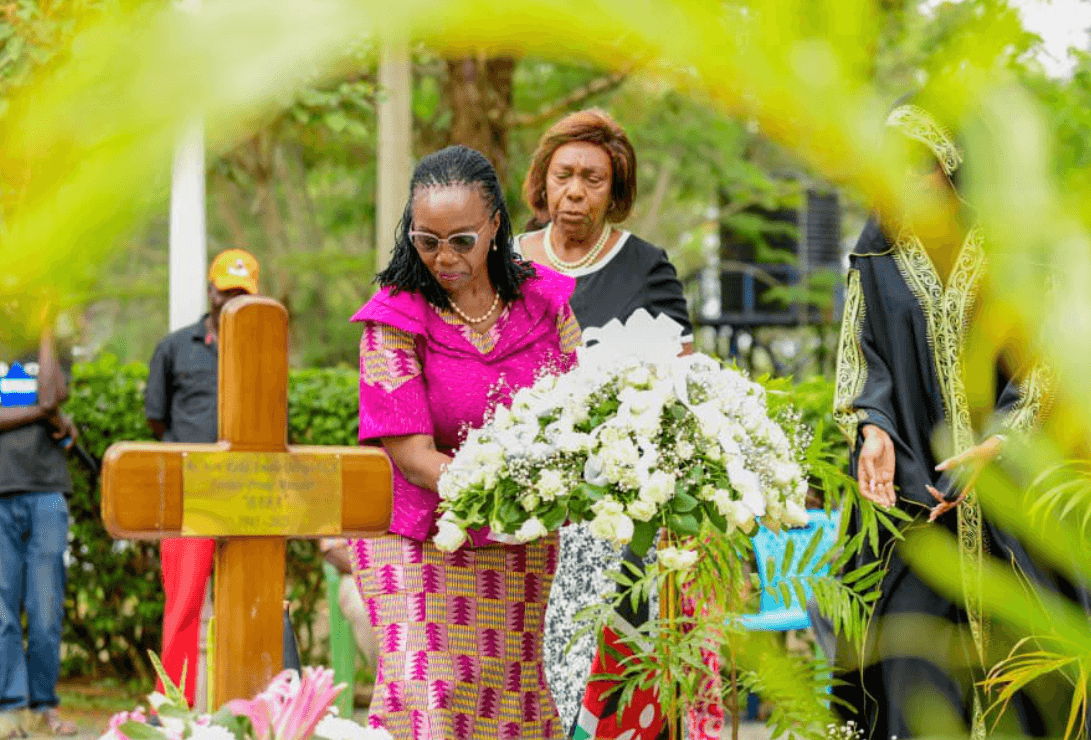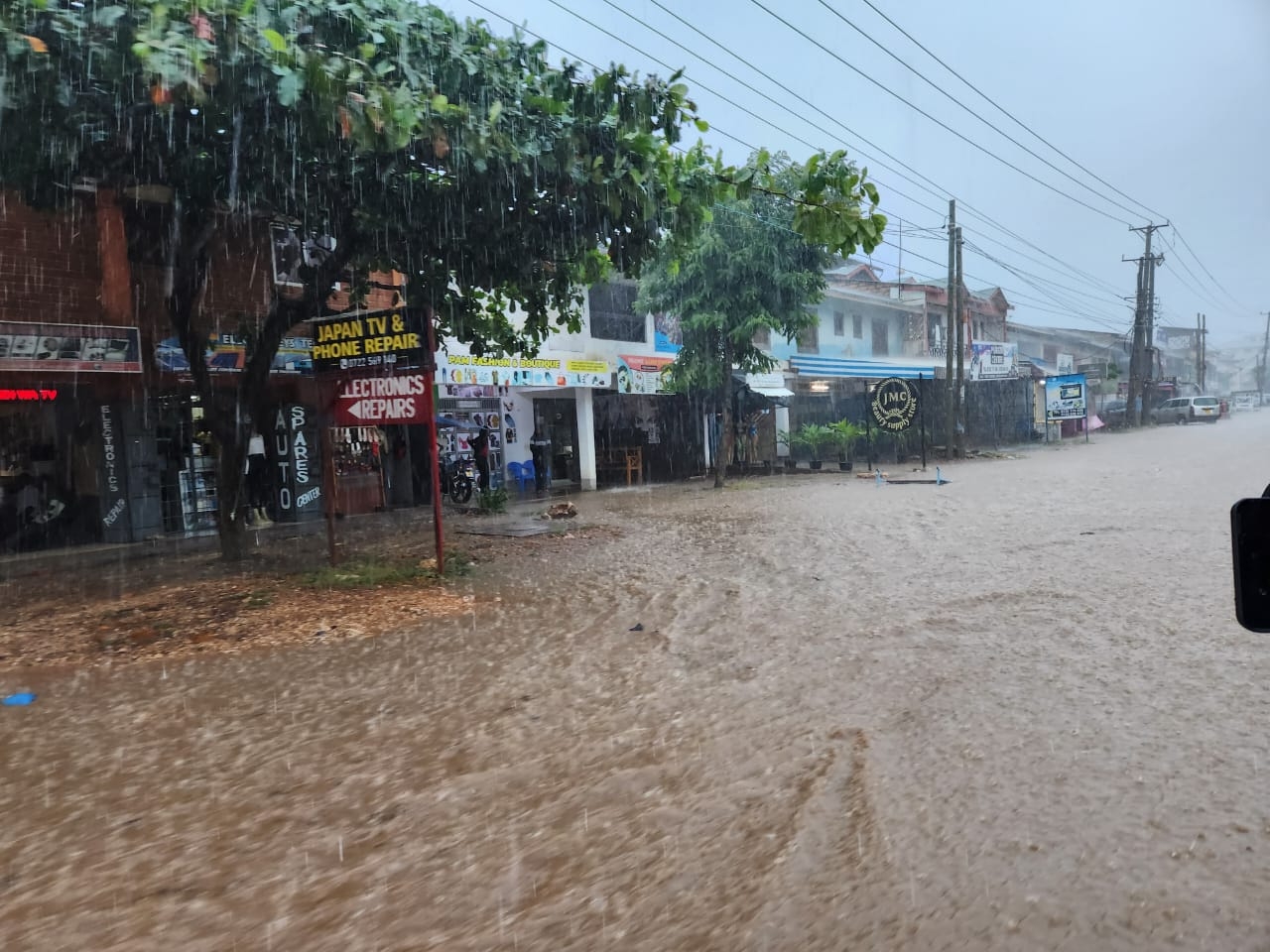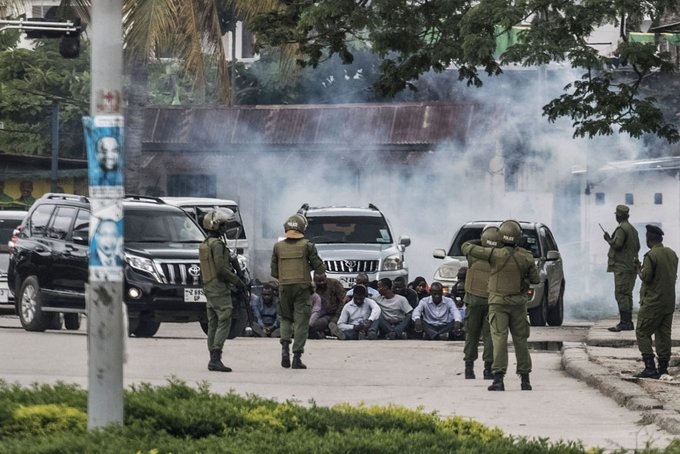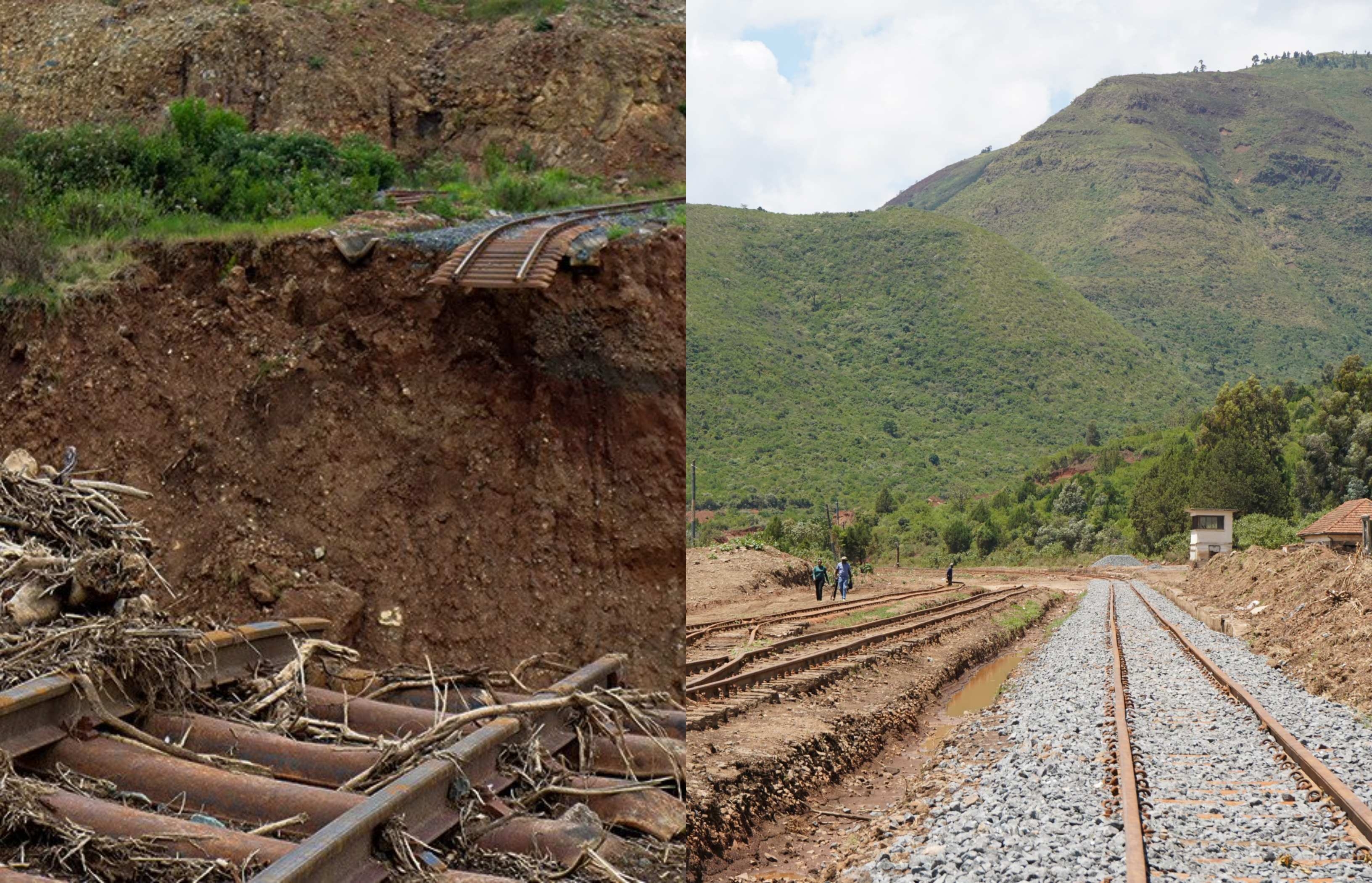The Ministry of Health has advised Kenyans to ensure they boil water before drinking as the country battles a cholera outbreak.
A person can get cholera by drinking water or eating food contaminated with cholera bacteria.
The disease can spread rapidly in areas with inadequate treatment of sewage and drinking water.
Counties and other relevant government agencies have also been called upon to enhance and strictly enforce all public health social measures.
These include hand washing, proper food handling, waste management and disposal as well as ensuring adequate inspection of food preparation spaces.
“To limit the spread of cholera, all Kenyans are advised to ensure they use clean and safe cooking and drinking water,” Health DG Patrick Amoth said.
Cholera infection is often mild or without symptoms, but can be severe.
According to CDC, approximately one in 10 people who get sick with cholera will develop severe symptoms such as watery diarrhea, vomiting, and leg cramps.
In these people, rapid loss of body fluids leads to dehydration and shock. Without treatment, death can occur within hours, CDC says.
“If you don’t have safe bottled water, you should boil your water to make it safe to drink. Boiling is the surest method to kill disease-causing germs, including viruses, bacteria, and parasites,” CDC says.
The ministry on Monday said 1,947 cholera cases and 31 deaths have been recorded in the country since the first case was confirmed on October 19.
The 11 worst hit counties include Kiambu, Nairobi, Murang’a, Kajiado, Nakuru, Machakos, Garissa, Meru, Nyeri, Wajir and Uasin Gishu.
Already, response teams from the department of disease Surveillance and Epidemic Response and those from the respective counties are on the ground to respond the situation.
The teams are helping in field investigations, enhanced surveillance, laboratory testing, case management, risk communication, community engagement and environmental sanitation in an effort to prevent further spread of the disease.
“In this regard, the ministry has issued a cholera alert to all healthcare workers highlighting the importance of early detection, confirmation and management of suspected cases,” Amoth said.
The ministry has warned that the festive season is likely to see an increase in cases due to increased travelling and social mixing.









![[PHOTOS] How Suluhu’s swearing in went down](/_next/image?url=https%3A%2F%2Fcdn.radioafrica.digital%2Fimage%2F2025%2F11%2F9cbad8a5-9bff-410e-b157-a335c61d6d8d.jpg&w=3840&q=100)











